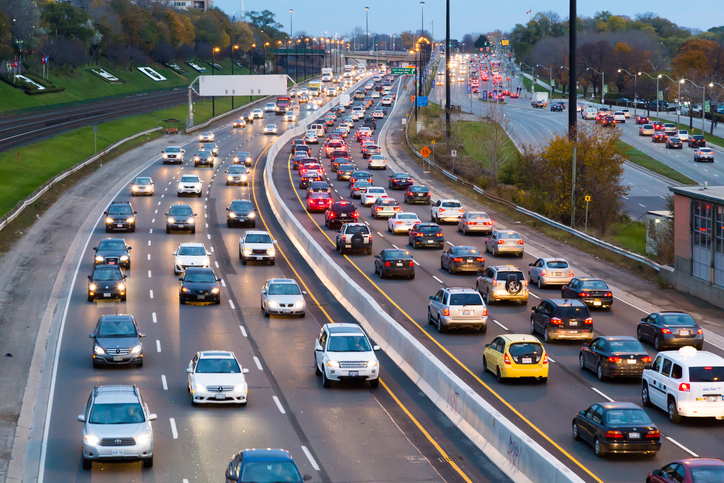A coalition of climate groups says industrialized and emerging nations of the G20 must cut emissions by about half by 2030 in order to meet the targets set at the Paris conference in 2015. Climate Transparency has issued a report on the progress being made in cutting the greenhouse gas (GHG) emissions caused by burning fossil fuels.
Most energy still comes from fossil fuels
The report says that on average, 82 per cent of the energy supply in G20 countries is still sourced from fossil fuels. The share even increased in Canada, India and Indonesia between 2012 and 2017.
In addition, Canada is the highest emitter in the group producing 22 tonnes of GHG per person per year. That’s nearly three times the G20 average.
Emissions from transportation and buildings are four times the average.

The report notes that Canada and the U.S. lack adequate fuel efficiency standards. (mikeinlondon/iStock)
G20 still subsidizing fossil fuels
Almost all of the countries spend more on subsidies for fossil fuels than to receive in public revenues from carbon pricing. The exceptions are Canada and France.
The Canadian government is about to impose a national price on carbon but the environment minister acknowledges it needs to do more.
A recent report by an international team of scientists suggests that even if the Paris targets are met, warming could nonetheless trigger an irreversible domino effect that would have catastrophic consequences for the world.







For reasons beyond our control, and for an undetermined period of time, our comment section is now closed. However, our social networks remain open to your contributions.